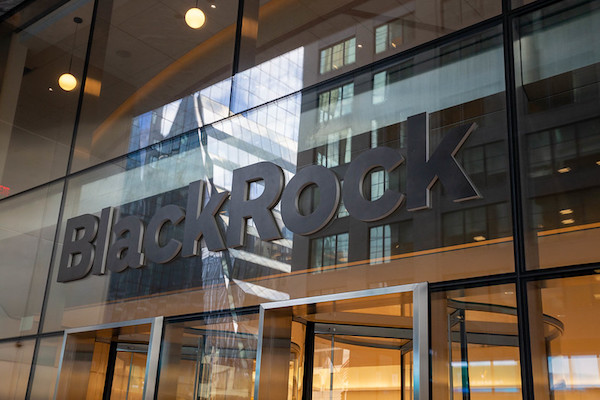Cafod has welcomed a report by MPs calling for government legislation to support debt relief for low-income countries and to prevent private creditors from blocking settlements.
The charity said that these lenders had shown “time and time again they cannot behave responsibly when it comes to cancelling debt of low-income nations”.
The report from the House of Commons International Development Committee, published today, warned of a “debt crisis” in poorer countries, undermining national infrastructure and the effectiveness of aid.
The chair of the committee, the Labour MP Sarah Champion, said that these countries “face impossible trade-offs between servicing soaring debt and funding basic public services”.
“National debt is not an abstract number detached from day-to-day life,” the report said. “It incurs human costs.”
The MPs reported spiralling debt for both low- and lower-middle-income countries, driven by the Covid19 pandemic and the war in Ukraine, with a sharp increase in debt servicing costs for low-income countries in particular.
They say that the diversified structure of international debt and the inadequacies of existing debt relief schemes have stymied measures to assist indebted countries.
While almost half of low-income countries’ debt is to multilateral creditors (such as the World Bank or the International Monetary Fund), 32 per cent is to official countries (individual countries – with China the largest single creditor) and 19 per cent to private creditors, such as banks and asset managers, through bonds.
Private creditors hold a much larger proportion of debt to lower-middle-income countries: in evidence submitted to the committee, Cafod reported that 47 per cent of foreign debts of low- and lower-middle-income countries were to private creditors in 2018 (up from 25 per cent in 2010).
The charity also noted the trade in debt between private firms, which denies debtors transparency. In evidence noted by the parliamentary report, Cafod said that on one Zambian debt issue of $1 billion, 70 per cent of bondholders were unknown.
“This imbalance of power does not enable lower-income governments to call private creditors to the negotiating table,” it said.
The charity's evidence specified the role of private creditors – especially the American asset manager Blackrock, the largest private creditor to Ghana, Kenya, Nigeria, Zambia and Senegal – in obstructing debt relief schemes.
“As is clearly evident, we are beyond the point of waiting for private creditors to participate voluntarily in debt relief,” it said.
Blackrock defends its conduct on the grounds of its duty as an asset manager “to protect the savings of millions of people whose money was lent to these countries”.
Cafod called for UK legislation to prevent a minority of private creditors blocking debt restructuring settlements, and to prevent creditors from using English law to sue developing countries for more money than a debt restructuring scheme would have awarded them.
The parliamentary report features both recommendations. It said that the UK is “uniquely placed to tackle these issues, because of its international influence, its legal system and its track record of promoting positive change”.
Cafod also estimates that 90 per cent of bonds issued by low-income countries are governed by English law.
UK legislation could have a significant impact “without spending large sums of money”, the report added.
It encourages the government to adopt “an interventionist legislative approach to incentivise and/or compel all creditors, including the private sector, to participate in debt relief”.
Dario Kenner, Cafod’s policy lead on debt, said that the refusal of “cowboy lenders” to cancel or restructure debt was “shameful”.
“Zambia’s been in default since 2020, its economy is in limbo, all because Blackrock and other creditors can’t agree on debt cancellation,” he said.



 Loading ...
Loading ...